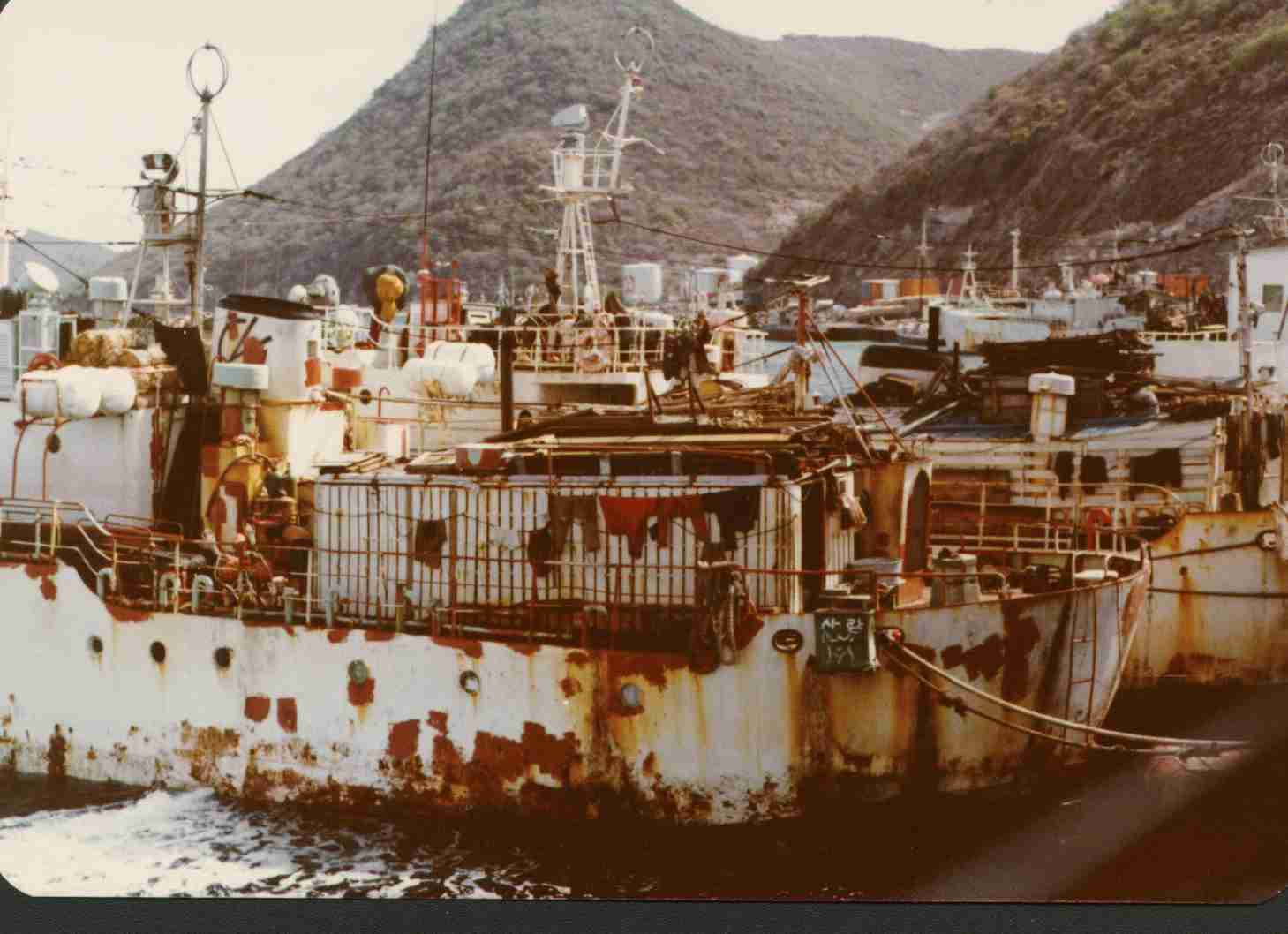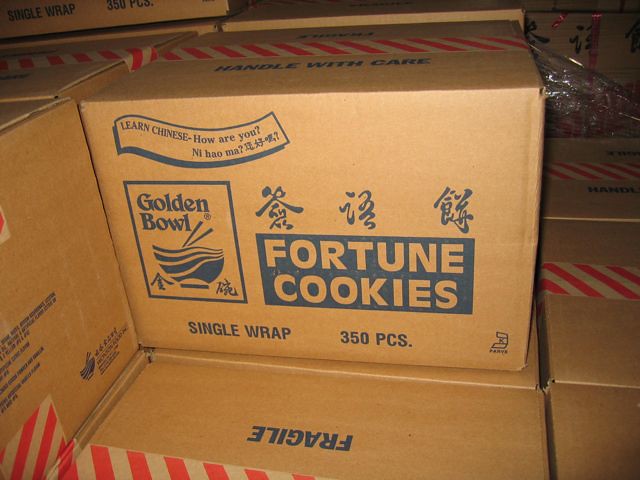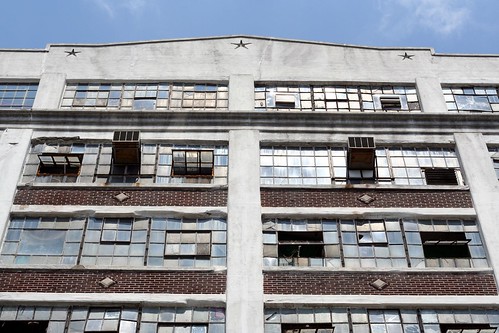Top 7 Strangest Places That People Work
- January 19, 2012
- Posted by: sajjad
- Category: Strange News, Top Posts
For some people, what they do is a point of pride. For others it’s a closely guarded secret. But whatever you do, your job tends to define you. Whether you are a builder, doctor, lawyer, mechanic, astronaut, butler, or dictator, in this society you are your job. And while some jobs are lauded and some are laughed at, some are just plain strange…
7. Canine Semen Bank

(Source)
The global banking system seems to be constantly on the brink of collapse. Any bank, no matter how prestigious or powerful, can be subject to financial ruin should the ‘fates of finance’ deem it so. It makes a refreshing change to find a bank that has no problems keeping its accounts full.

(Source)
The Canine Semen Bank of Columbia is the most famous animal sperm depositary in the world and owes its success to its specificity. No cat, kangaroo or cougar deposits are allowed. This bank is 100% devoted to man’s best friend only. The facility is staffed by 2 fully qualified veterinarians who are experts in the retrieval and storage of dog semen. It does beg the question: after a pooch has made a deposit, does it gain interest?
6. Submarine Cleaners

(Source)
They say a great salesman can sell ice to an Eskimo. So it must have been an extraordinary salesman who convinced the navy that a ship that spends all its time under water requires cleaning. But an essential part of submarine maintenance is ensuring the ship’s hull is barnacle and blemish free.

(Source)
Proper propeller polishing can increase a ship’s efficiency and produce an energy saving of between 10-20%. The cleaners themselves prefer to be referred to as ‘Ship Maintenance Engineers’, which is perfectly understandable as ‘cleaning’ a ship can involve welding, ultrasonic scanning and even photographing, all of which takes place beneath the ocean’s treacherous waves.
5. Sausage Museum

(Source)
Working in any museum could be considered quite a strange job. On an average day you may be occupied with anything, from preserving a mummified corpse to taking a group of toddlers on a tour. Yet one of the strangest museums on the planet must be Germany’s ‘Currywurst Museum’.

(Source)
Situated in Berlin, this museum is dedicated solely to Germany’s favourite fast-food dish. Currywurst consists of hot pork sausage cut into slices and seasoned with ‘curry ketchup’, a mix of tomato paste, Worcestershire sauce and curry powder. Although relatively unknown outside its native Germany, it is estimated over 800 million servings of Currywurst are sold every year.
4. Fortune Cookie Factory

(Source)
With over 3 billion fortune cookies produced worldwide every year it’s not surprising to find they have Fortune Cookie Factories. Donald Lau, vice-president of Wonton Inc, is the largest producer of fortune cookies in the world. He also has one of the more unusual roles in the building, as it is he who is in charge of writing the fortunes.

(Source)
With over 4 million cookies produced in their Brooklyn factory daily, if each cookie required a unique fortune that would be a mammoth task. Luckily for Mr Lau that isn’t the case and instead he simply recycles fortunes he has previously written in his decades as a fortune cookie writer.
3. Smell Laboratory

Smell science (Source)
Every day the average person breathes 23,040 times. And with every inhalation we open ourselves to the world of scent. Smell, the often overlooked sense, has the power to disgust and delight in equal measure. Most people manipulate the power of smell to some extent.

(Source)
From the perfume you wear to mask your natural body odor, to the smell of fresh bread pumped round large supermarkets, synthetic scents have to be produced somewhere. This is the job of the smell laboratory. And although olfactory experimentation is a well established and lucrative field, it must raise a few eyebrows when you tell people what you do.
2. Corpse Farm
Some farmers grow grain, other farmers raise cattle, some even hire out their land so that drunken teenagers can sample their first drugs at unhygienic music festivals. And then there are those who run corpse farms. A corpse farm is better known as a forensic anthropology facility and is a place where cadavers are placed across the land in various states of decay to assist student scientists and doctors in their studies.

(Source)
The first corpse farm was started by the University of Tennessee in 1981 and began with just one corpse. Today the farm has over 40 corpses at any time in a variety of scenarios and states of decay. This increase in the number of bodies used on the farm has allowed forensic scientists greater advancements in their field. But if you do own a corpse farm it’s probably best to not go bragging about how many bodies you have.
1. Oyster Garden
(Source)
The delicacy we know as the oyster belongs to the family of molluscs, Ostreidae. These sub-tidal snacks can be eaten both cooked and raw and are rumored to be a natural aphrodisiac. But how do these tasty treats get from the ocean to your plate? Well, the sea can be an unsanitary place, so after being harvested from the sea, the oysters are taken to an ‘oyster garden’, where they are cleaned.

(Source)
In the ‘oyster garden’, the oysters are spread around a shallow barge or float. The floats are constructed to allow clean water to flow over the oysters removing any impurities that they may have picked up from the ocean. After being cleaned in the garden the oysters are then shipped to the shop, store or restaurant where the consumer can then purchase them, worry-free.
That finished our round up of the strangest work places in the world, we’re by no means omnipotent (that privilege is reserved for the likes of Zeus and Odin), so if you or someone you know have a zanier workplace than the ones above please let us know.

